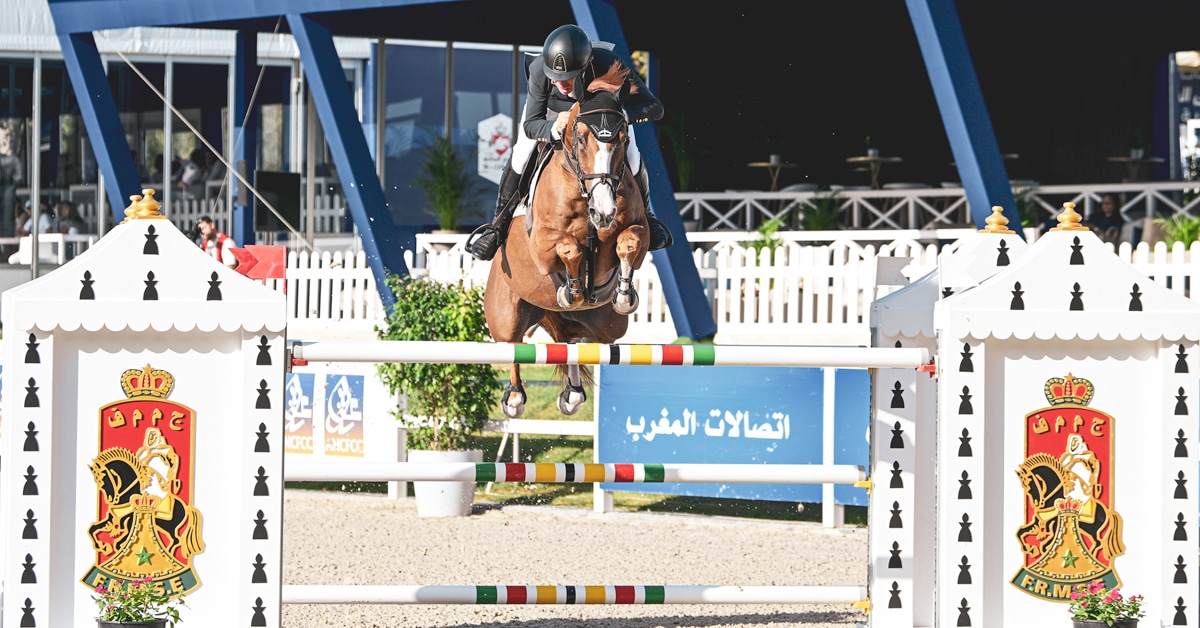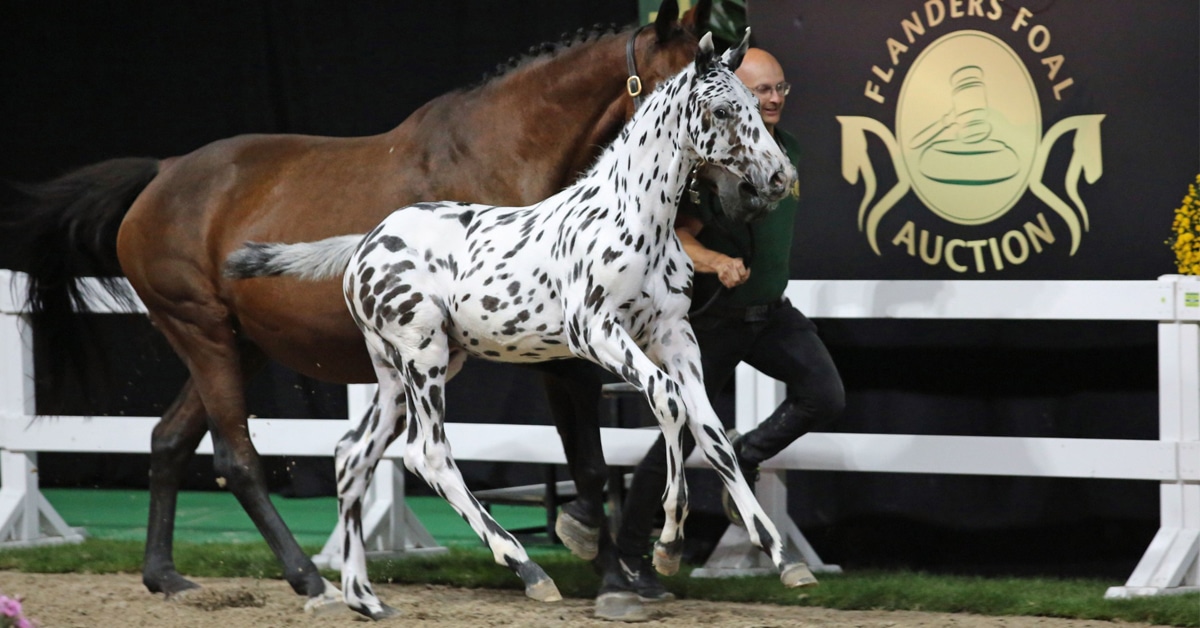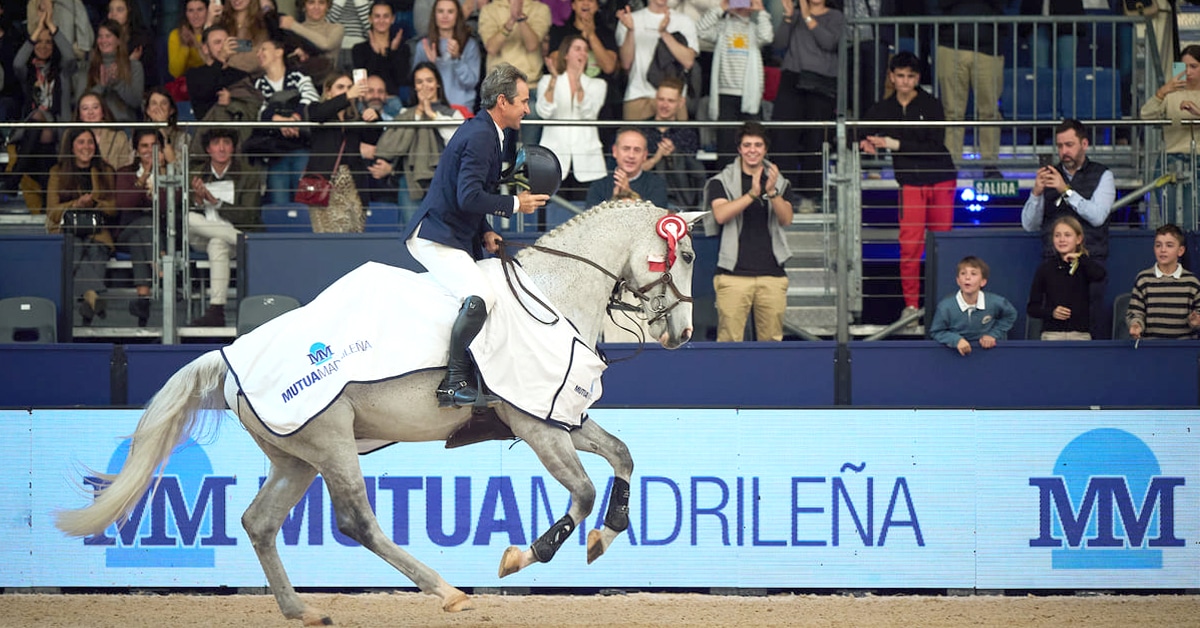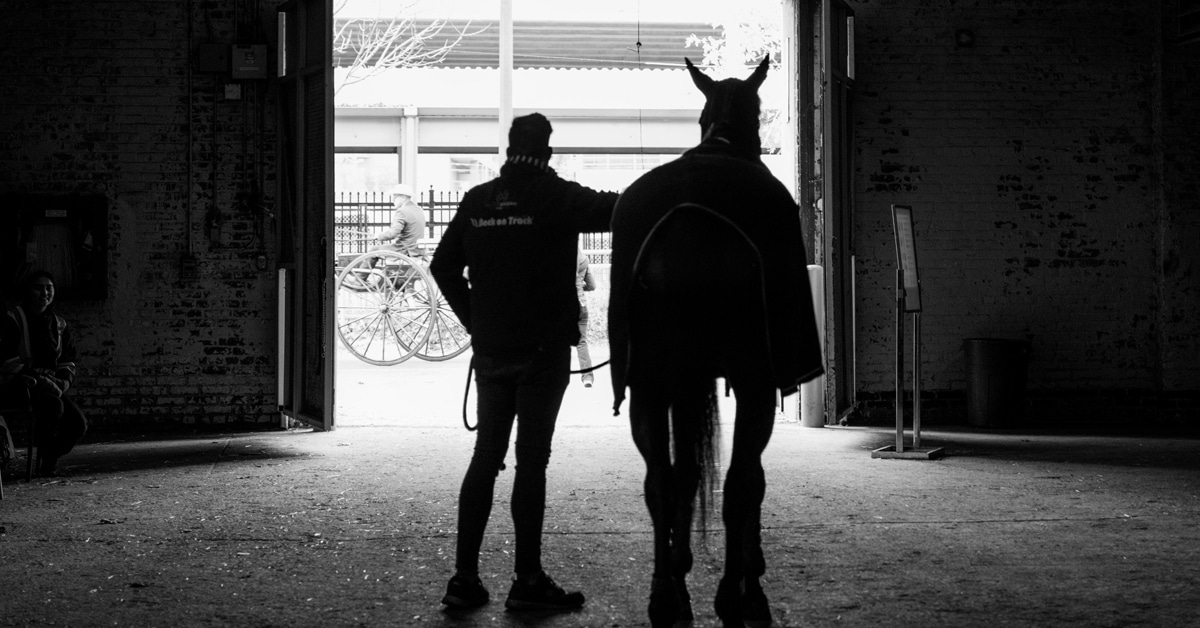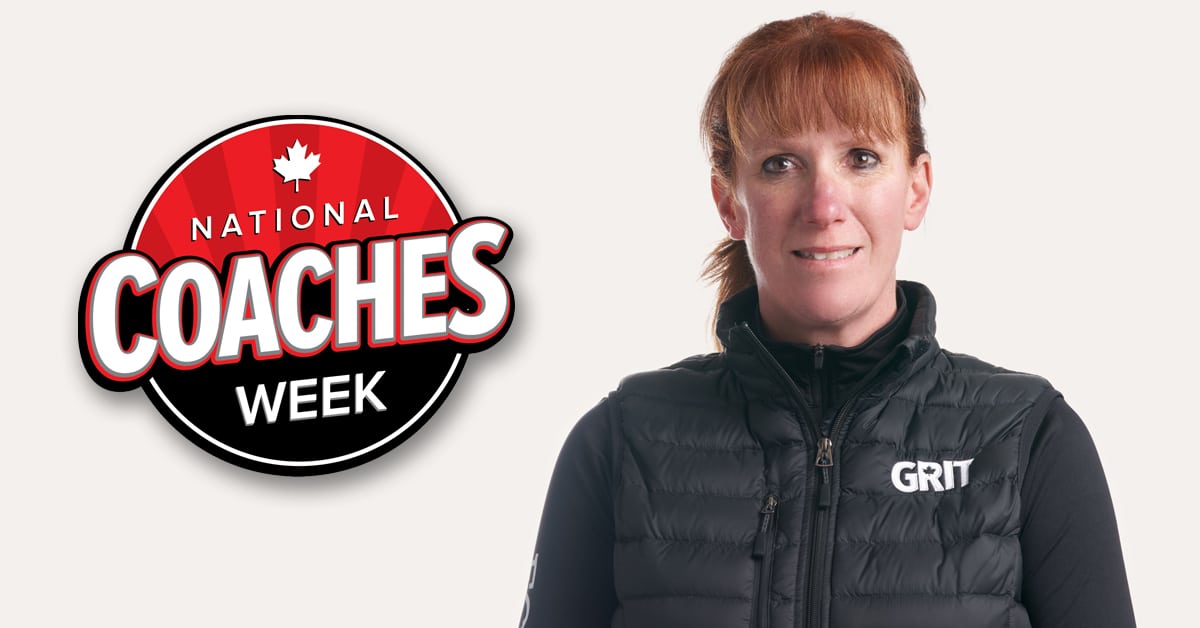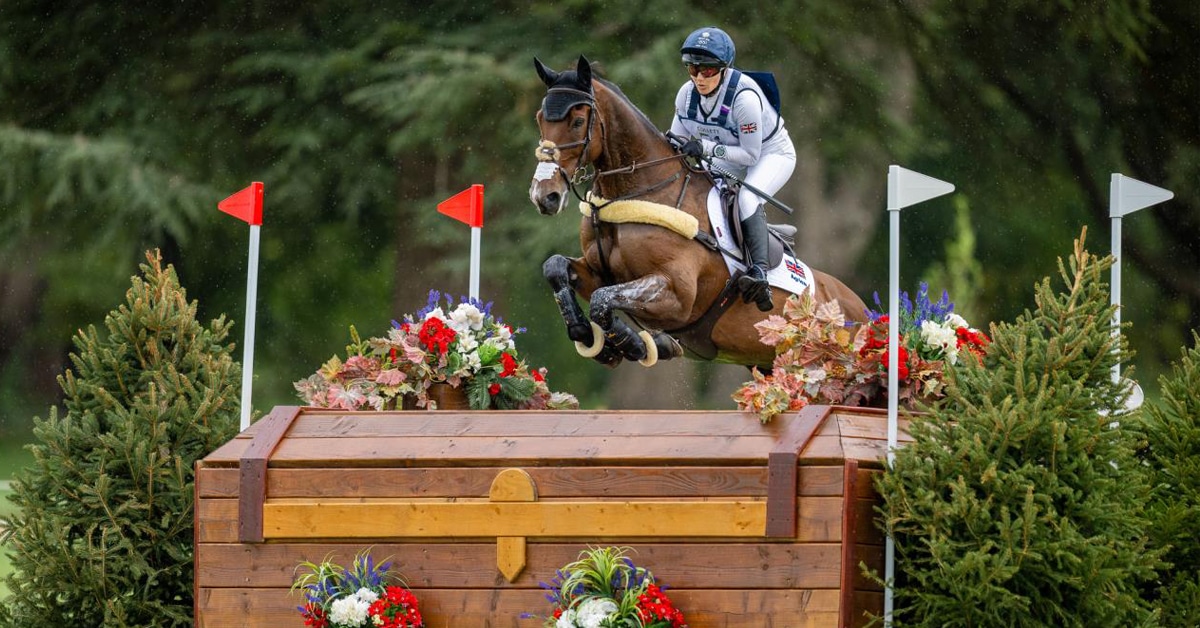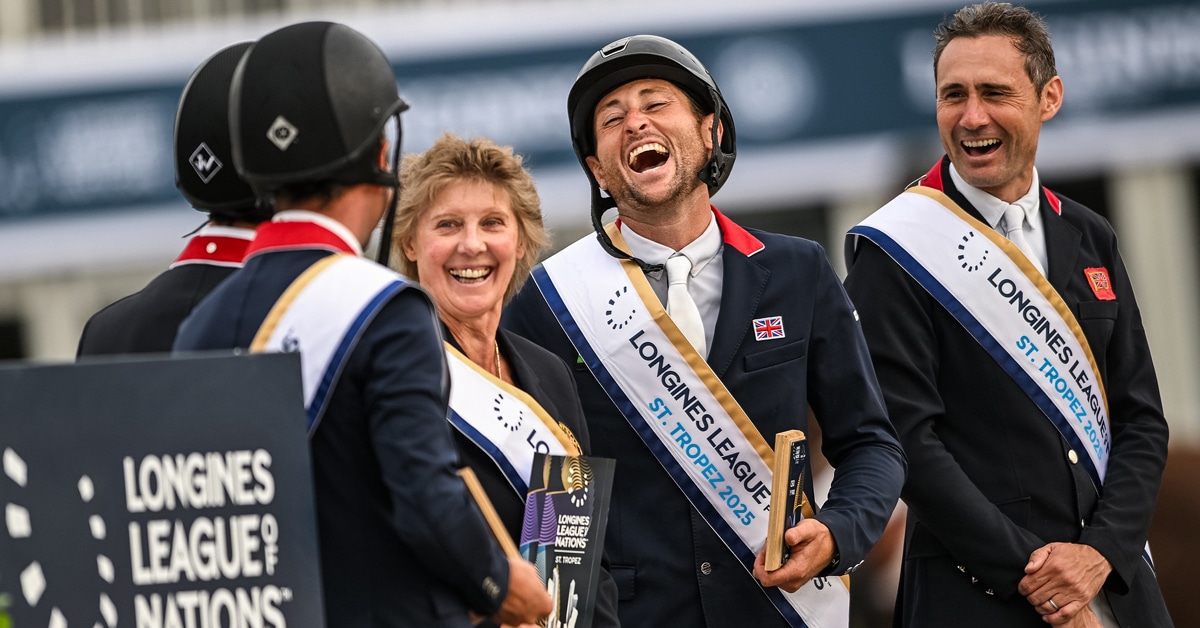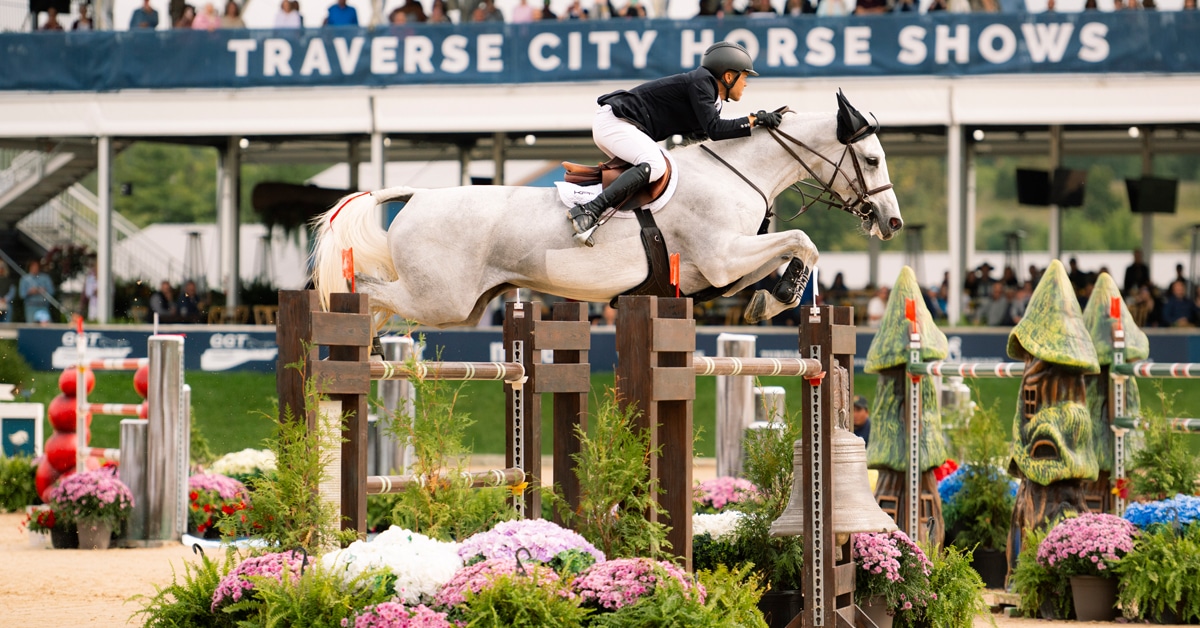The packed stadium at Deodoro Olympic Park in Rio de Janeiro (BRA) exploded into a wall of sound today when Team Brazil matched the performance of a mighty side from Germany to post a zero score as Olympic Jumping got underway.
The first Jumping qualifier decides the starting order for the first round of the Team medal-decider on Tuesday, 16 August, and is taken into account for the individual rankings. Following today’s result, Brazil and Germany will get the best of the draw for the team event.
The world and European champions from The Netherlands collected just four faults along with Canada, France and Switzerland while Qatar collected five and the defending Olympic champions from Great Britain shared an eight-fault result along with USA, Spain and Sweden.
A total of 15 teams and 75 riders representing 27 countries have started the battle for the Jumping medals, and the first course designed by Brazil’s Guilherme Jorge was a tough one. German ace Ludger Beerbaum (52) said “I wasn’t expecting it to be so big, and to have the water jump on the first day too!” after his horse, Casello, hit only the very last obstacle on the 12-fence track. However all of his team-mates, including Meredith Michaels-Beerbaum (46) who got a last-minute call-up with Fibonacci when Marcus Ehning’s Cornado “trotted up slightly irregularly” this morning, kept a clean sheet.
Clear round
It was the clear round produced by 26-year-old Brazilian, Stephan de Freitas Barcha, that truly set the stadium alight, his brilliant horse Landpeter do Feroleto ensuring he joined the 24 others who finished fault-free on the day. “He’s a fighter, and as nice a person as you will ever meet!” Barcha said of his 14-year-old horse.
Not everyone had such a great day, with multiple eliminations including one for French star Penelope Leprevost (36) who was unseated when her mare, Flora de Mariposa, stumbled on landing over the big oxer at fence nine. The biggest trouble-spot however was the line of fences from the planks three from home, through the following Musical Instruments double, and then the final oxer. Just how much accuracy was required here was clearly evident from the outset, as defending team gold medallist Britain’s Nick Skelton (58) paid the price for missing his strike to the last when third into the ring.
In place
Switzerland’s Steve Guerdat (34) left all the poles in place with his London 2012 gold medal winning ride Nino des Buissonnets to kick off his campaign to become the first-ever Jumping athlete to win back-to-back individual Olympic titles. “The course is more massive than we are used to seeing on sand, and today was tough, so I wasn’t sure how Nino would respond to it but he actually felt confident, happy, fresh and powerful, ” he said after jumping clear. “There was nothing to win today, but you can lose it!” he added, referring to the fact that the results also count towards the individual rankings.
However he is staying grounded in the knowledge that there is a long way to go before the Team medals are presented on Wednesday and the Individual title is decided on Friday (19 August). “Anything can happen, so I can only bring Nino here to Rio in the best possible shape, but there is always luck along the way. He will give me his best and I will give him my best, that’s all we can do!” he added.
Medal tables
Germany currently leads the medal tables in Olympic Jumping, with five individual and eight team titles since 1912, and if today’s performances are anything to go by they look set to add to that.
Ludger Beerbaum admitted today that his country is spoiled for choice when it comes to Olympic-standard horse-and-rider combinations. “We had to replace Marcus and that’s not nice, but there was no complaining or anything. It wasn’t easy for Meredith to know only three hours earlier that she would have to ride, but she did great. To have her as our reserve is kind of a luxury!”
More News
